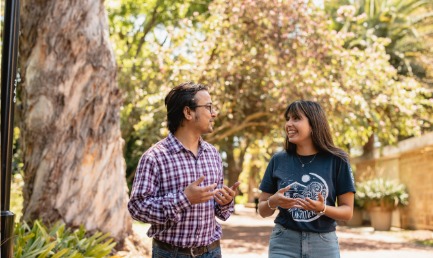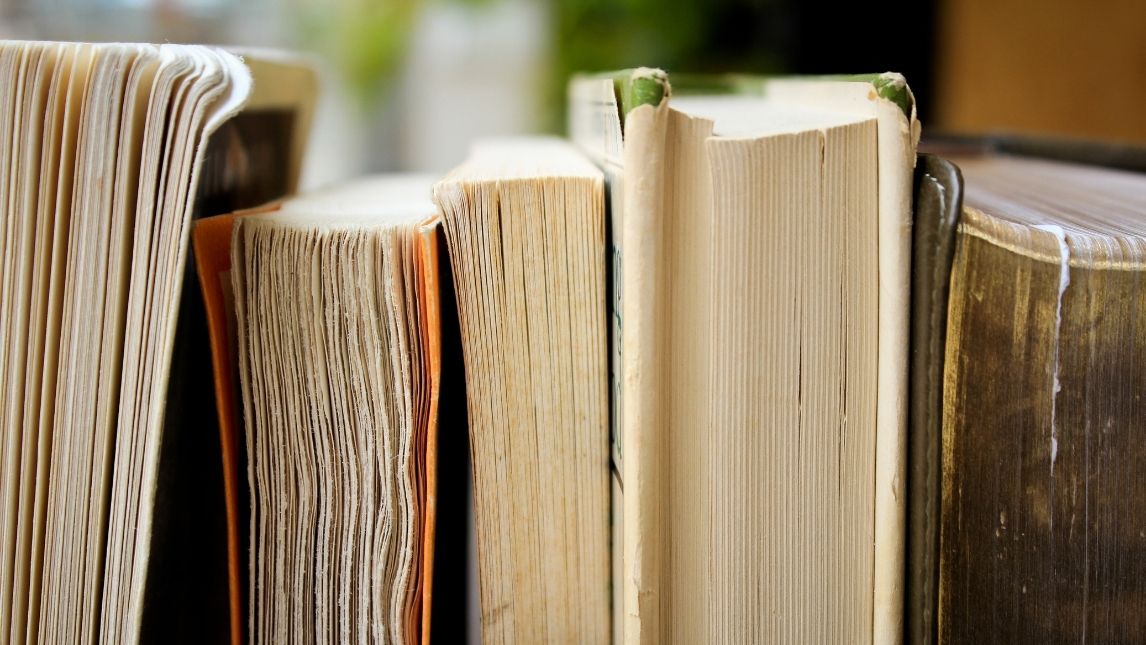Translation Studies
Explore the interplay between language and culture, humans and machines.
In the 1970s, translations underwent what came to be known as a ‘cultural turn’. It heralded the birth of modern translation studies, with its two main branches: applied and pure research.
Translations were no more viewed as a simple process of transfer from one language to another. It turned out that there are many translation strategies, many translation purposes, many theories about what is translation as a final product and translating as a process, as well as what translators really do.
These days translation scholars explore a multitude of areas, such as cognitive translation studies, machine translation, cultural translation studies, quantitative studies using corpus-based linguistics, investigations of translators as social agents, and more.
This has led to a thorough exploration of the interplay between language and culture, humans and machines, qualitative and quantitative evaluation of translations, and comparative studies of multilingual translations, and interest in multimodal translations like film or drama subtitles.
Our courses
- Master of Translation Studies
-
The Master of Translation Studies is a quality professional course that will train future translators in English and one of ten languages: Arabic, Chinese, French, German, Indonesian, Italian, Japanese, Korean, Portuguese and Spanish.
- Master of Commerce and Master of Translation Studies
-
The Master of Commerce and Master of Translation Studies is a double master’s degree and the only one of its kind in Australia, and teaches complementary skills in business and translation studies.
- Graduate Certificate in Translation Studies
-
The Graduate Certificate in Translation Studies offers foundational knowledge about translation and develops skills in translating from and into English and one of ten languages.
Hear about our courses
Master of Translation Studies
This quality professional course gives you a competitive edge and the ability to thrive in an increasingly globalised job market.
Gain world-class specialised translation training at the largest language hub in Western Australia. In this course, you'll complete professionally endorsed translation training between English and one of ten languages.
Discipline staff
Project highlights
- Comparative translation studies
-
This is about comparing the original text with its translation into one or more languages. We currently have two PhD students doing comparative studies, one from Italian into English, another from English into French, and English into Arabic. In both cases, there is more than one translation in the other language, and the research is about exploring each translator’s strategies, and providing other translations according to set criteria, like fluency, naturalness and accuracy.
- Machine translation
-
This project consisted of evaluating the quality of translation by machine (like Google Translate, Sakhr and Microsoft Bing) of many different types of texts (journalistic, medical, political, and literary) between English and Arabic. The researcher developed a statistical approach combined with qualitative instruments such as TAUS, and then ranked the various machine translation systems under study.
- Corpus-based translation studies
-
Corpus-based translation studies (CBTS) is a branch of translation studies that ‘mines’ big data of linguistically authentic usage and existing translations to find patterns in language use and habits of translators. This relatively new area of translation studies uncovered some universal norms in translations, irrespective of languages or cultures. There are ongoing projects applying CBTS to a host of languages (English and Chinese or Japanese, for instance) and text types (literature, media, etc).
- Translation exegesis
-
Typically, a project of this type is made up of two parts: one is the translation by the researcher or student, and the other is their own analysis of their translation. This exegesis covers many aspects of the translation: textual analysis of the original, strategies, problem solving and function of the translation. Most researchers at UWA have published such exegeses.
- Translating the Australian journal of Théodore Leschenault
-
This project aims to provide an English translation of the complete manuscript journal (1801-1802) of the botanist Théodore Leschenault’s voyage to Australia with the Baudin expedition. It tackles problems around translating empirical reporting and the language of sensibility from the early 19th century. The translation, accompanied by explanatory notes and a comprehensive introduction, will be published by UWA Publishing.
Research cluster
The Translation and Transcultural Research Cluster was established at the time a Master of Translation Studies was introduced at UWA. Its purpose is to achieve international research excellence in the cross-disciplinary field of translation and transcultural studies to advance the understanding of social and cultural issues of contemporary significance, such as translation and multilingualism, and transcultural identity construction and communication.
Events
The Master of Translation Studies offers seminars on a variety of translation themes in conjunction with NAATI and AUSIT each year.

Get involved
Mentorships are available through AUSIT, whereby a UWA student will be matched with a professional translator. For more information, contact Dr Anna Gadd.


